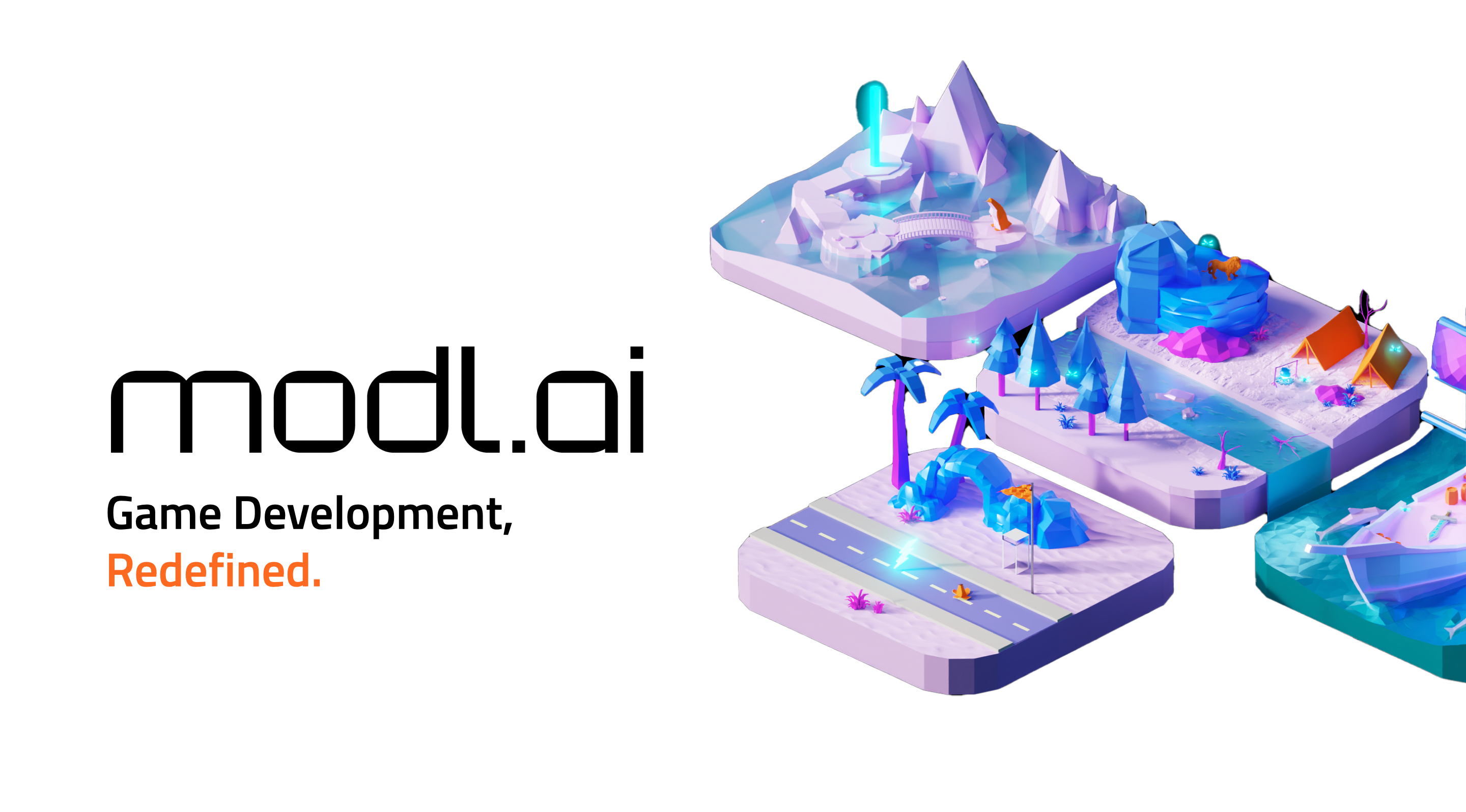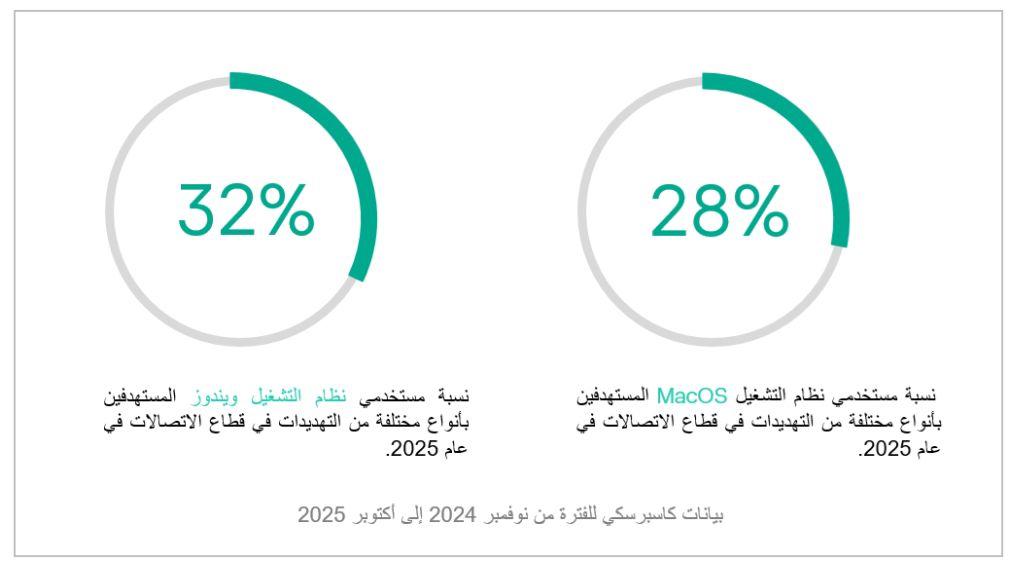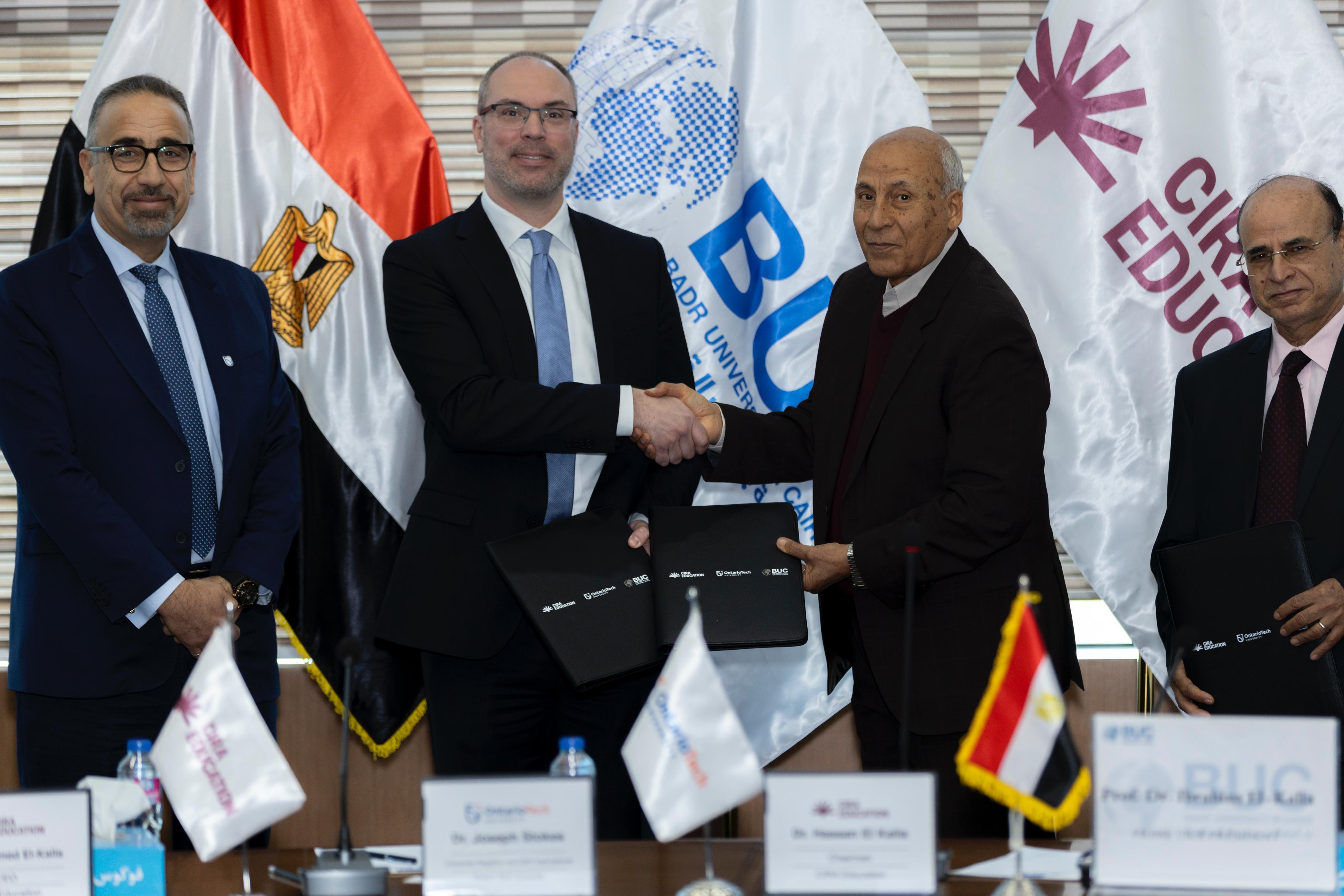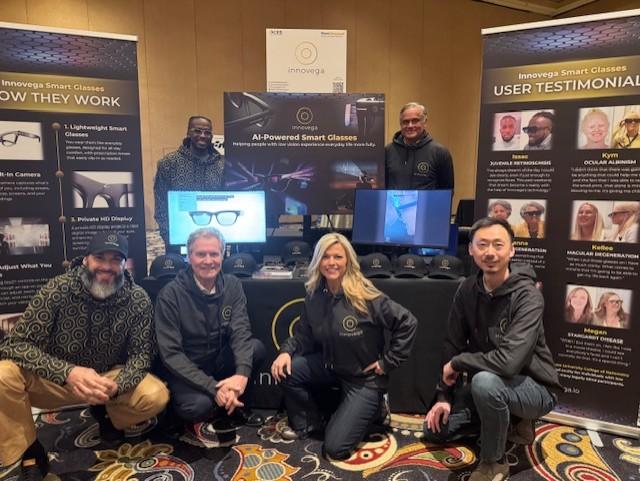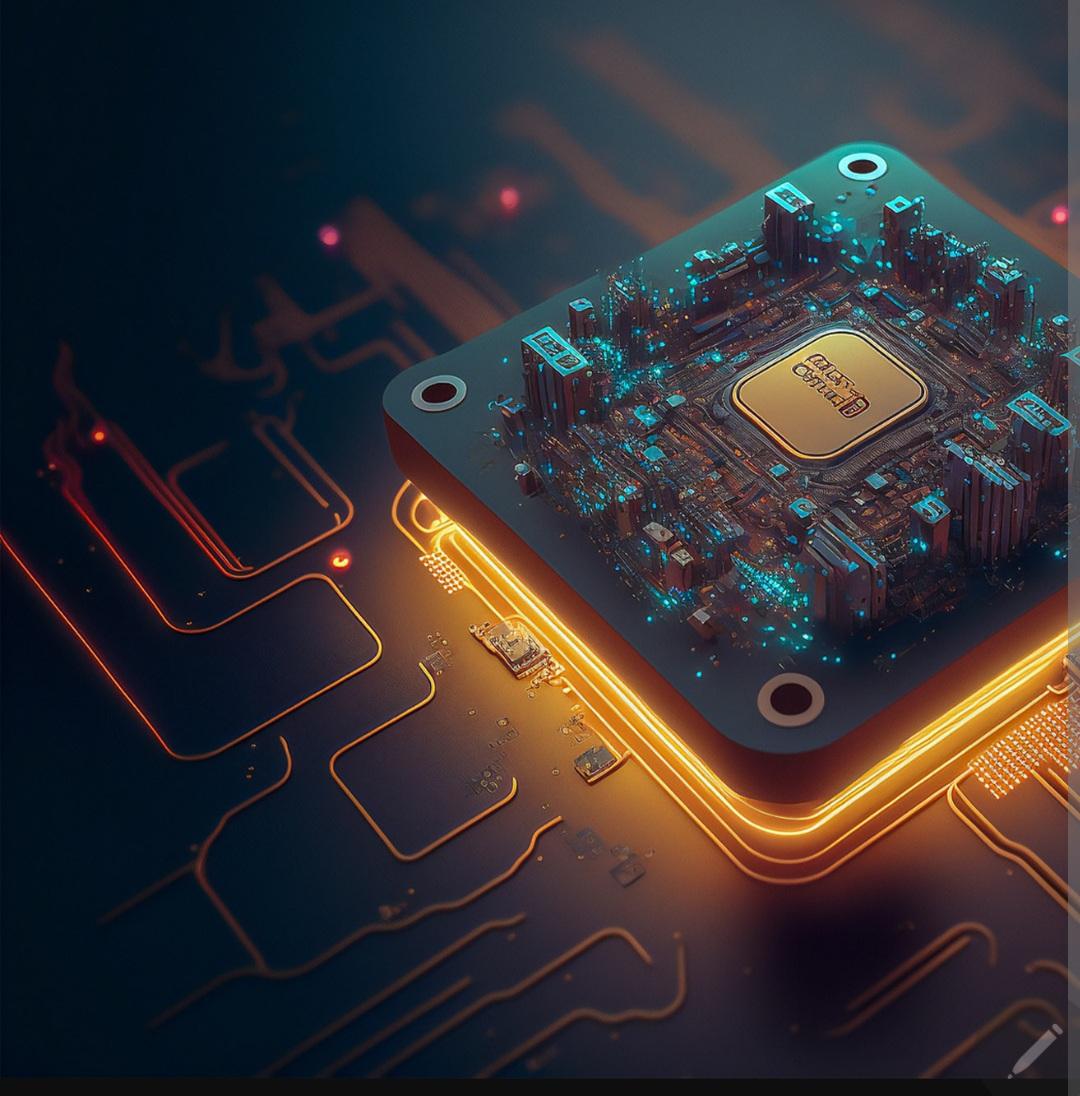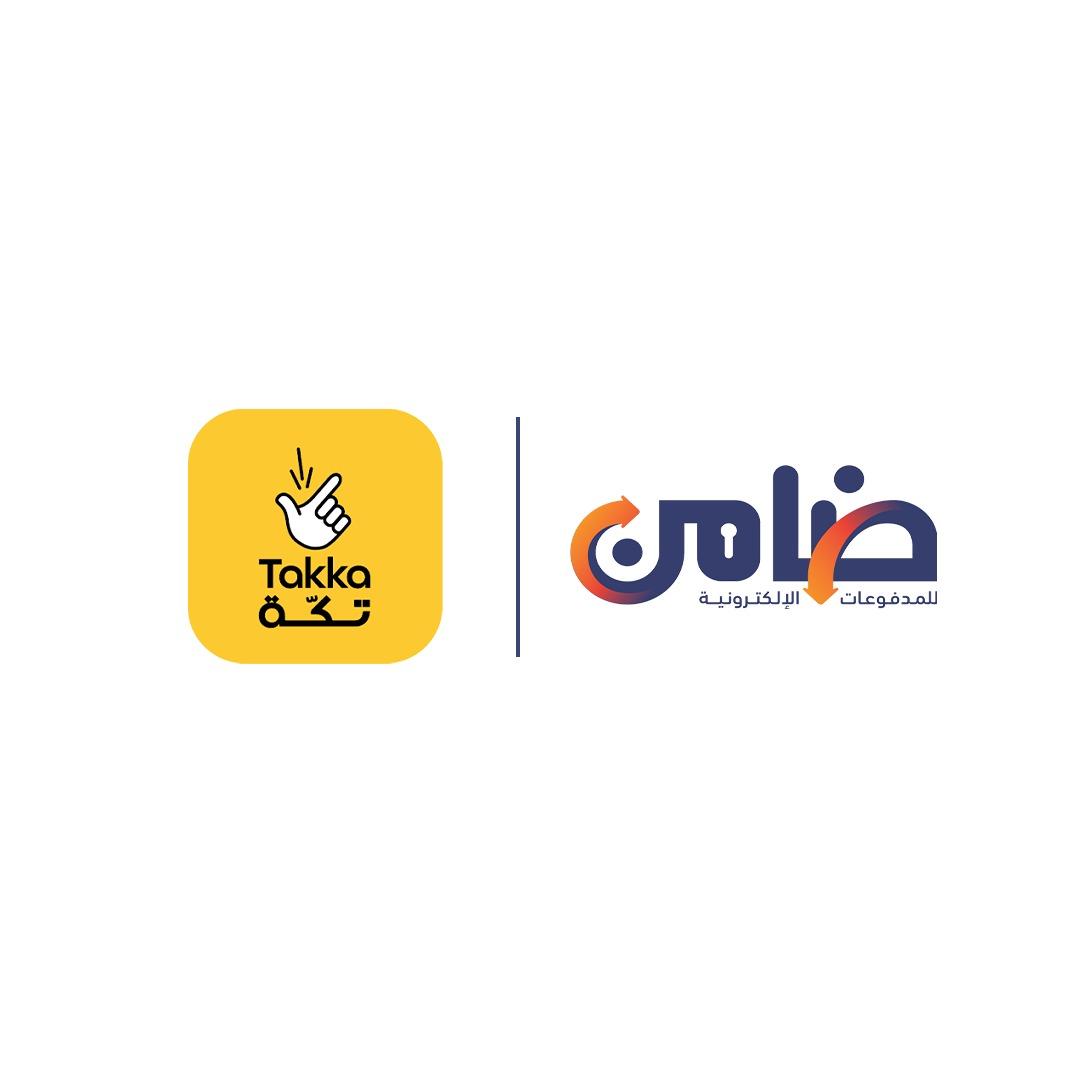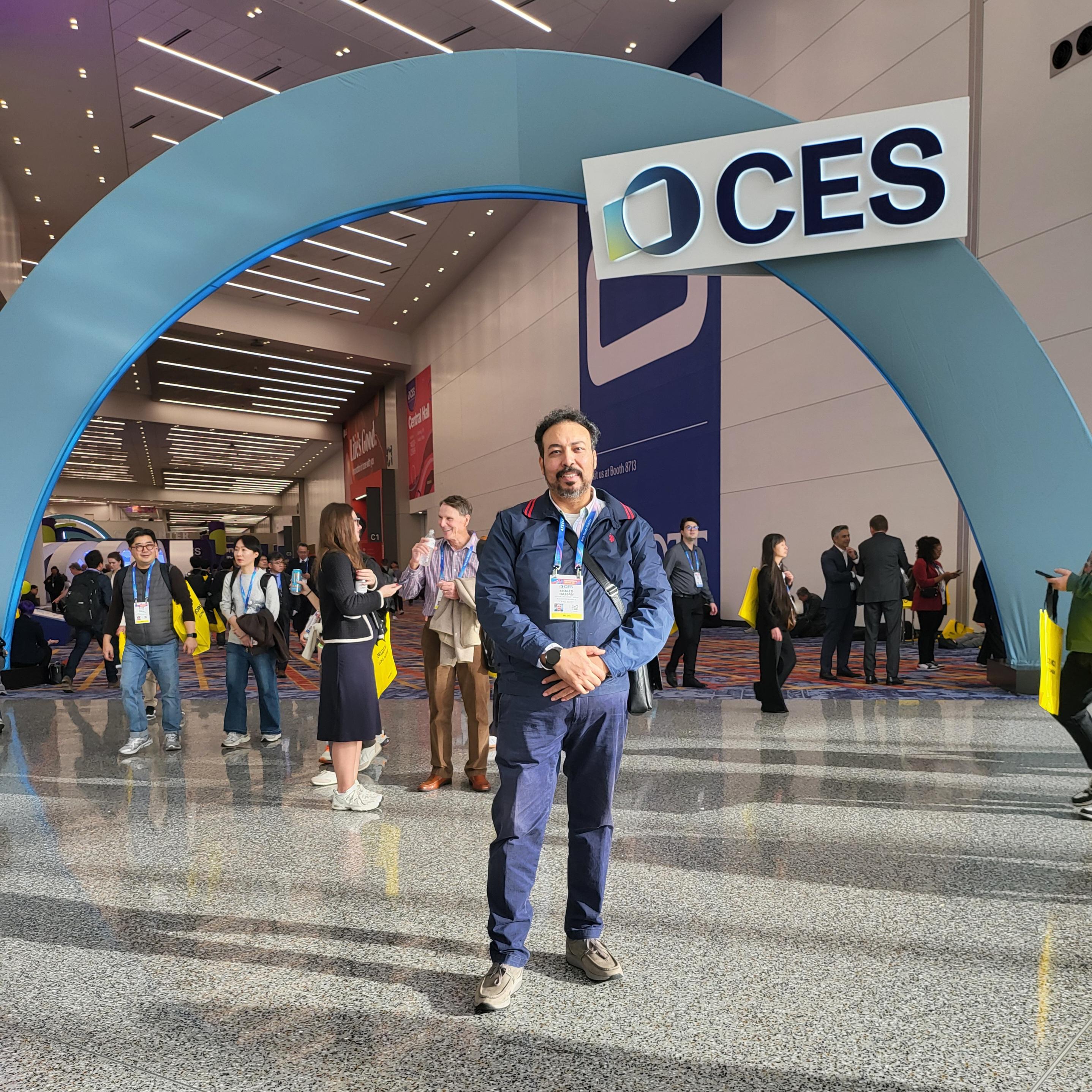By : Amir Taha
modl.ai, which seeks to remove the shackles of game development with a transformative AI engine, is developing new approaches to enable advanced applications of artificial intelligence and foundation models in game development. This progress is driven by its team of world-renowned AI and machine learning researchers and developers.
“The multi-billion-dollar game industry is stymied by limitations that can only be overcome with artificial intelligence, and we are on the cutting edge of that development,” said Julian Togelius, Ph.D., co-founder of modl.ai and Research Director.
“Our work is focused on the intersection between artificial intelligence, computational intelligence, machine learning and game development by building new pathways to enable foundation models, which are changing everything.”
The research team at modl.ai is addressing some of the most pressing challenges of scale in game development by building on previous AI and machine learning research to create smarter, more useful bots. Sebastian Risi, Ph.D., co-founder of modl.ai stated, “Some of the biggest pain points in game development involve testing.
As more complex games are developed, such as open world games where one change can impact the whole world, traditional models of human-based testing become intractable. Automating the process is no small feat. The more complex the game, the more complex reasoning is required of bots to test it, and our team is tackling that issue head on.”
The industry has leaned on older aspects of supervised learning to train and use intelligent agents in game testing and quality assurance - but the team at modl.ai is ushering in a new era of research with new approaches to leveraging self-supervised learning.
This involves putting intelligent bots into game environments without cleanly defining data sets. Still the bot can learn from available data to quickly evolve and develop as an independent agent. Self-supervised learning gives rise to transformative foundation models.
modl.ai and its global team of researchers and developers are developing new ways to harness foundation models, which are multi-capable machine learning models trained on a massive scale to reflect the complexities of human-like game play.
For example, they can be trained for one thing, such as walking and jumping in an area, but not restricted to that alone; they can learn new actions and evolve beyond what they were initially trained for. This gives game developers the power to unlock the next level of game testing and AI.
One area of research with incredible potential is at the intersection of foundation models and computer vision, which is an area of AI that enables computers to understand and interpret visual information.
Georgios Yannakakis, Ph.D., co-founder of modl.ai explained, “Recent advances in computer vision look at how a game is played by people and analyzes the common behaviors. Eventually, this research will enable a bot to look at a game it has never played before and know how to play it. Our research is driving this technology further and forward.”
“modl.ai has a clear advantage in achieving the next phase of foundation modeling,” Dr. Togelius said. “The unique and uniquely powerful modl.ai engine is being leveraged in some new and exciting ways for game development that can parlay into helping ultra-intelligent bots evolve their behavioral models and extrapolate what they learn to new games in new genres with minimal training.
This represents an entirely new way game developers can offer more value to their players today and far into the future.”
